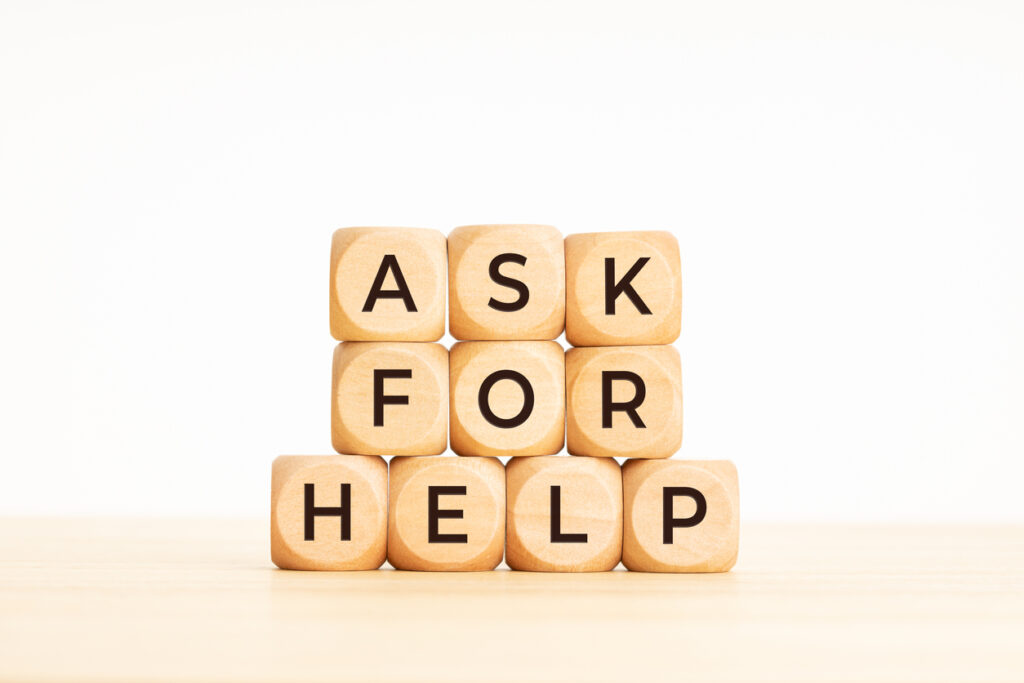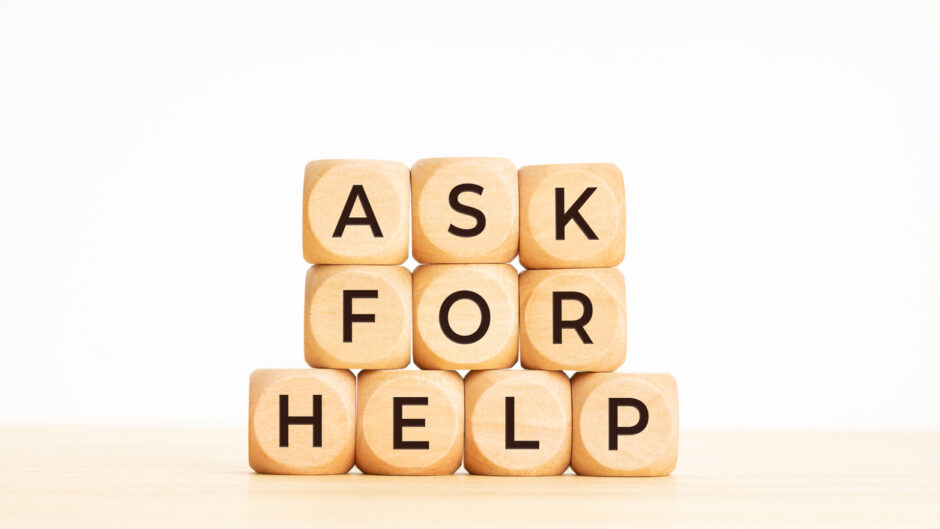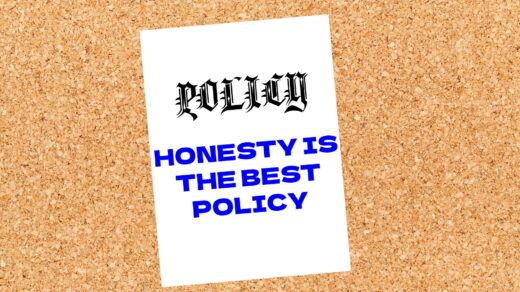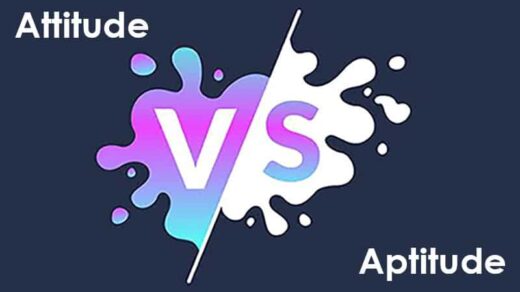
The Stigma Around Asking for Help
Growing up, I was often taught that asking for help was a sign of weakness. The prevailing mindset was that true success came from being able to “figure it out” independently, without relying on others. This mentality is unfortunately quite common in our society, where admitting to needing assistance can be seen as a character flaw or a lack of self-sufficiency.
However, over the years, I’ve come to realize that this couldn’t be further from the truth. Seeking help is not a weakness – it’s a strength. It takes courage to acknowledge that we don’t have all the answers, and that there are areas where we can benefit from the expertise and guidance of others.
The Importance of Seeking Assistance
When we try to tackle challenges or pursue ambitious goals on our own, we often limit ourselves to the knowledge and resources we have access to. But the reality is that there’s a wealth of information, experience, and support available to us if we’re willing to reach out and ask for help.
By asking for help, we open ourselves up to new perspectives, innovative ideas, and a deeper understanding of the problem at hand. We can learn from the mistakes and successes of others, and gain valuable insights that can help us navigate our own journey more effectively.
Swallowing Your Pride
One of the biggest barriers to seeking assistance is our own pride. We may feel that asking for help is a sign of weakness or incompetence, and that we should be able to handle everything on our own. But this mindset can actually hold us back from achieving our full potential.
It’s important to recognize that asking for help is not a sign of weakness, but rather a sign of self-awareness and a desire to grow. By swallowing our pride and reaching out to others, we demonstrate a willingness to learn and a commitment to continuous improvement.
Improving Efficiency
In addition to the knowledge and insights we can gain from others, seeking assistance can also help us solve the problem more efficiently. Rather than expending hours trying to figure out how a lawn mower engine works, I chose to hire an expert to fix my mower. I watched over him, trying to learn how he fixed my machine, in the hopes that if this problem reoccurs, I will have the skill set to tackle it on my own.
By tapping into the expertise and experience of others, we can identify more effective ways of tackling problems, delegate tasks more effectively, and free up our time and energy to focus on the most important aspects of our work or personal goals.
Growing as a Human Through Asking for Help
It’s important to recognize that asking for help is not just about solving immediate problems or optimizing our strategies. It’s also a crucial part of our personal growth and development as human beings.
When we’re willing to admit that we don’t have all the answers and seek assistance, we open ourselves up to the opportunity to learn from our mistakes. By embracing the humility to ask for help, we can gain a deeper understanding of our strengths, weaknesses, and areas for improvement, and use that knowledge to become better versions of ourselves.
Resources for Seeking Assistance: Experts, Mentors, and Support Networks
When it comes to seeking assistance, there are a wide range of resources available to us. These can include:
- Experts in our field: Professionals who have deep knowledge and experience in the areas we’re trying to navigate.
- Mentors: Experienced individuals who are willing to share their wisdom and guidance.
- Support networks: Communities of like-minded individuals who can provide advice, feedback, and encouragement.
By tapping into these resources, we can gain access to a wealth of knowledge, support, and inspiration that can help us achieve our goals.
Embracing the Power of Asking for Help
In conclusion, seeking assistance is not a sign of weakness, but rather a sign of strength and self-awareness. By swallowing our pride and being willing to ask for help, we open ourselves up to new perspectives, innovative ideas, and a deeper understanding of the challenges we face.
Whether it’s seeking the guidance of experts, learning from the experiences of others, or tapping into a supportive network, the power of asking for help lies in its ability to help us grow, improve our efficiency, and ultimately achieve greater success in our personal and professional lives.If you’re ready to start embracing the power of seeking assistance, I encourage you to take the first step by reaching out to a mentor, expert, or support network in your field. The benefits of asking for help can be truly transformative, and I’m confident that you’ll be amazed by the insights and opportunities that can arise from opening yourself up to the knowledge and experience of others.
Until next week.
L’chaim,
jack




